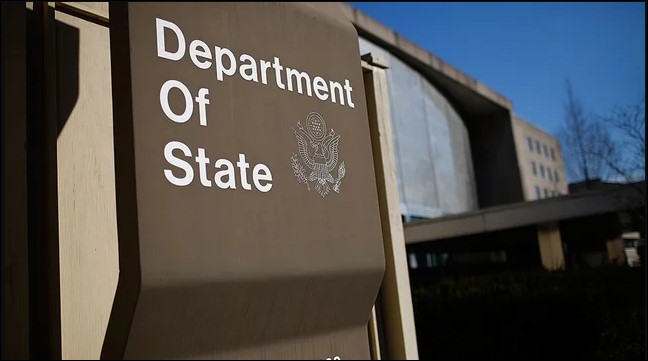The State Department announced on May 18 that it is easing restrictions on the ties children born abroad must have with their parents in order to automatically acquire citizenship at birth abroad under section 301 of the Immigration and Nationality Act.
The U.S. will now only require children born abroad to have a “genetic or gestational tie” to one parent in a married couple, regardless of which carries U.S. citizenship — a nod to the growing number of couples relying on surrogacy, donors and in vitro fertilization to have children.
The Hill calls this move a victory for gay couples and others using assisted reproductive technology to have children, some of whom had sued, arguing that the the State Department’s interpretation of the Immigration and Nationality Act failed to account for the new ways children may be conceived.
“This change will allow increased numbers of married couples to transmit U.S. citizenship to their children born overseas, while continuing to follow the citizenship transmission requirements,” the State Department said in a release.
The previous policy led to headaches for some couples, even in cases where both parents are American.
James Derek Mize and his husband, Jonathan Gregg, filed a lawsuit against the State Department in 2019 after their daughter, Simone, was denied citizenship even though both are U.S. citizens.
Simone was born in the U.K. using the donor egg of a British friend and Gregg’s sperm and deemed an “out of wedlock” baby since her biological background didn’t match that of both her married parents.
Gregg, born abroad to an American mother, had not yet met the five-year residency requirement needed in such cases.
Under the Trump administration, the State Department fought other similar cases in court, losing in at least two such cases last year, according to ABC News.
The State Department’s next step to formalize their policy may be to publish updates to the agency’s Foreign Affairs Manual. Our law firm will continue to monitor this evolving issue.


Leave a Reply